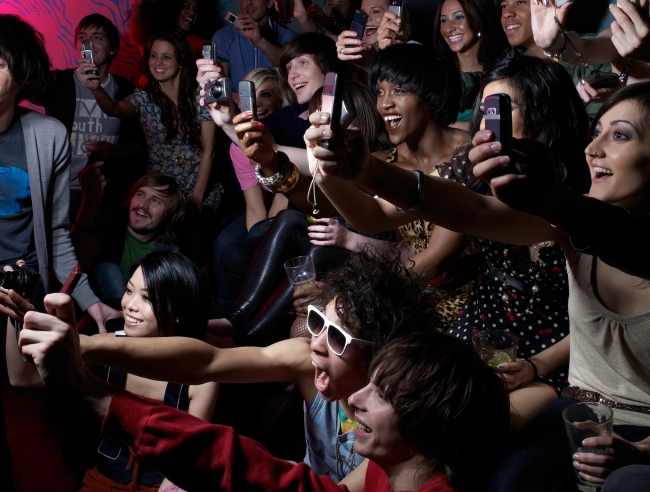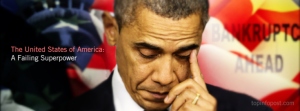My first reaction to listening to the Retraction episode, is that “This American Life” ignored the simple advice/knowledge, that we as students hear over and over again; be careful what you put on the internet or radio because you will never be able to take it back. More specific for this situation, is you must be clear about what kind of information you are presenting to the public. Is it fictional, factual, opinionated? But, as far as Mike Daisey is concerned, he is a performer, he considers what he does as a form of art. Therefore, he can defend his exaggerations and “lies” by saying that he was simply using his artistic license to get his point across. And when confronted on the radio show he does defend himself, he does not consider what he said to be lies. When asked why he did not consider himself a liar for saying that he personally met with hexane poisoned workers he said, “I would say that I wanted to tell a story that captured the totality of my trip. And so when I was building the scene of that meeting, I wanted to have the voice of this thing that had been happening, that everyone had been talking about.” The radio show then goes on to talk about how his monologue has reached so many ears, and how he is now known as a leader in speaking out against apple. Most importantly, how people take his monologue as fact.
In today’s day in age, there is more readily available information than ever before, much of which you can not call fact. Although it is obvious, that is why it always important to check the sources of the information that we read on the internet or hear on the radio. There are probably hundreds of things that I think to be fact, that in reality are not true at all. For example, I recently watched a science video on the internet that talked about common science misconceptions, many of which I believed before viewing the video. Some of the misconceptions are that our blood is blue before it touches oxygen (false), the Brontosaurus existed (false), the far side of the moon is the dark side of the moon (meaning it receives less sunlight) (false), and many others. All this being said, it is often hard to know exactly where the information you are reading/listening to/watching came from, and how reliable it really is. That is why I have learned to take most everything with the proverbial grain of salt. Even when sitting at a lecture or in class at Bucknell, much of the curriculum being taught is affected by each professor’s personal opinions and experiences.
This may seem like a pessimistic way of looking at our world today and the readily available information flying around, but I believe it to be a realistic one. That is why before I formulate an opinion on a particular subject I try to find information about it from multiple sources. There are obviously exceptions to this. Even though I mentioned before that my professor’s curriculum may be effected by their opinions, if I am told in class that Gross Profit Margin is (Revenue-COGS)/Revenue, I will take this as fact without having to find external sources. Finally, I find that it is important to “label” what one says/blogs/writes as either fact/opinion/objective/subjective so that when others come across this information they know exactly what they are being exposed to. And also that if what you claim is indeed fact, that you cite it with a reputable source.
Science video: http://www.wimp.com/sciencemisconceptions/









